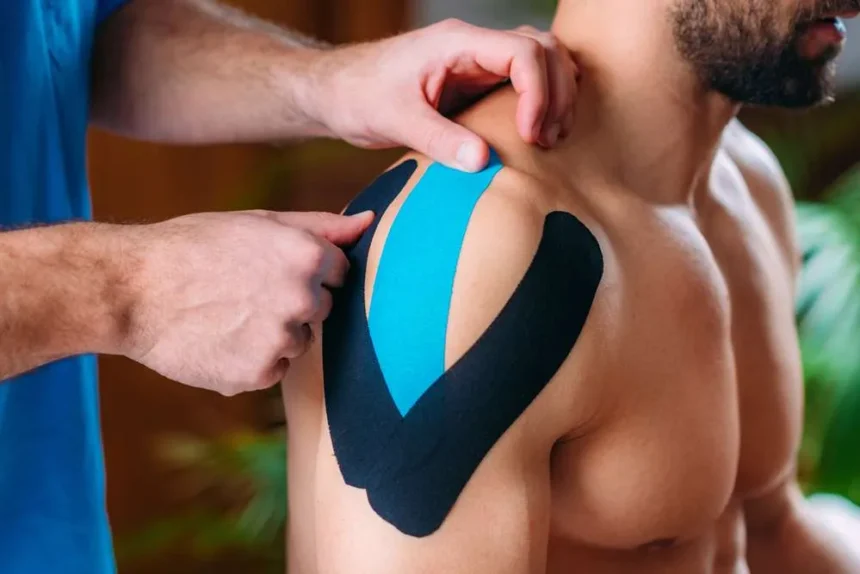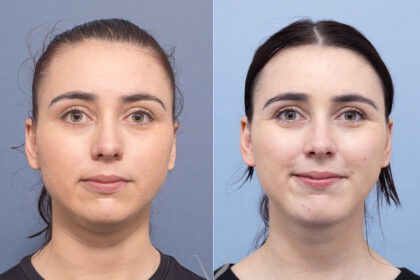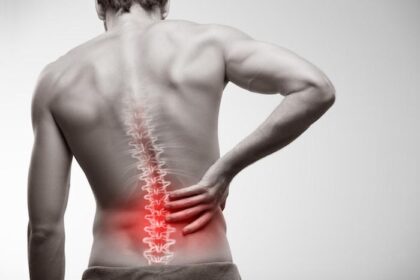Shoulder pain refers to any form of discomfort felt in or around the shoulder joint. The shoulder is the most mobile joint in the human body, allowing a wide range of motion but also making it susceptible to instability and injury. Shoulder discomfort can stem from the joint itself or from the muscles, ligaments, and tendons surrounding it. While some cases resolve with rest, others may require more structured intervention to restore function and reduce discomfort. Here’s more information on three treatment categories that help provide shoulder pain relief:
Regenerative Orthopedic Services
Acute shoulder pain often arises after an injury, such as a fall or collision, while chronic pain develops slowly over time due to overuse or degenerative conditions like arthritis. Some common culprits include rotator cuff tears, bursitis, and impingement syndromes. Regenerative orthopedic services focus on utilizing the body’s natural healing processes to address pain and other symptoms.
PRP Therapy
Platelet-rich plasma (PRP) therapy utilizes a concentration of a patient’s own platelets to accelerate the healing of injured tendons, ligaments, muscles, and joints. The process involves drawing a small amount of blood from the patient and spinning it in a centrifuge to separate the platelets from other blood components. These concentrated platelets are then injected directly into the injured shoulder tissue to stimulate the body’s repair mechanisms. PRP therapy may aid in shoulder pain relief by reducing inflammation over time.
Prolotherapy
Prolotherapy is another injection-based treatment used to treat chronic musculoskeletal pain. It involves injecting an irritant solution, often a dextrose (sugar) solution, into the painful ligament or tendon area. This injection causes a localized inflammatory response, which signals the body to send healing cells to the area. The intended outcome is the strengthening and repair of weakened connective tissue, which may help stabilize the shoulder joint and alleviate pain associated with ligament laxity.
Viscosupplementation
Viscosupplementation involves injecting a lubricating fluid, called hyaluronic acid, into the shoulder joint. Hyaluronic acid is a naturally occurring substance found in the synovial fluid surrounding joints, where it acts as a lubricant and shock absorber. In conditions like osteoarthritis, this fluid can become thinner and less effective. By injecting supplemental hyaluronic acid, providers aim to restore lubrication, reduce friction between bones, and improve joint mobility.
At Home Care
For mild to moderate shoulder discomfort, conservative at-home management is often the first line of defense. The RICE method remains a standard approach for acute injuries to reduce swelling and pain, and it stands for:
- Rest
- Ice
- Compression
- Elevation
Gentle stretching exercises can also help maintain flexibility and prevent stiffness, specifically for conditions like frozen shoulder. Over-the-counter anti-inflammatory medications may help manage symptoms temporarily, but they do not treat the underlying cause. Modifying daily activities to avoid overhead lifting or repetitive motions can also help prevent further joint aggravation.
Surgical Options
When conservative treatments and regenerative therapies do not provide sufficient relief, surgical intervention may be recommended. Surgical options vary depending on the specific diagnosis and may include arthroscopy, a minimally invasive procedure used to repair rotator cuff tears or remove bone spurs. In cases of severe arthritis or irreparable damage, a total or reverse shoulder replacement may be necessary. These procedures involve replacing the damaged parts of the shoulder with artificial components to restore function.
Contact a Specialist for Shoulder Pain Relief
Determining the most appropriate treatment plan for your shoulder pain requires professional evaluation. A specialist can order necessary imaging and discuss the potential benefits of regenerative services, home care, or surgery. If your shoulder pain persists or limits movement, contact a musculoskeletal specialist today.









